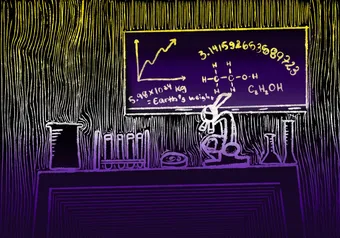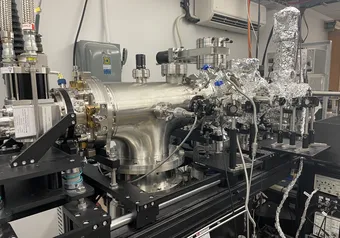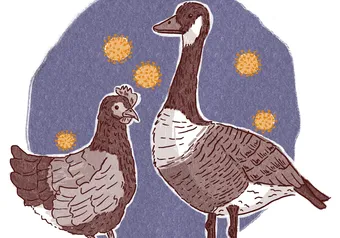Ever wondered how an accident ends up in a $20 million prize? Guess what? Dr. Lee Groat, an earth and ocean sciences professor, and his team passed the semi-finals of the NRG Cosia Carbon XPrize competition and they are now competing with 10 other teams.
Groat and his team have been involved in research efforts to develop cleaner mining operations since 2010. Such efforts involve the fact that tailings can become acidic and cause acid rock drainage. Tailings are the waste generated during mining processes, and is a mud-like material. This waste tends to be toxic especially for soil and it should be kept permanently isolated from the environment.
“Since mining plants are in isolated areas, companies use diesel or liquefied natural gas. The emissions produced out of the smoke stacks will be mixed with the tailings coming out of the mine,” said Groat.
Basically, iron will be extracted from the tailings and mixed with CO2, which will be captured through the absorption column with other carbon compounds in the flue gases — gases like water vapour and pollutants that escape the smoke stack — to make iron carbonate, which is a stable, naturally occurring solid form.
“We are at the very beginning of looking at the potential uses,” said Groat.
Eastern Canada has been facing issues regarding acid rock drainage and mining companies have been reaching out to Groat’s team. The work is in demand.
The work will benefit the mining industry by reducing costs — less carbon emitted means lower carbon taxes and fewer tailing dams.
However, the discovery was a happy accident. One night, one of the researchers forgot to plug in the thermocouple — which measures the temperature of the flue gases and tailings — to the socket during the experimental stage.
“Next day there was no precipitation. Nothing happened. It was our first hint,” said Groat.
Thermocouples work with a tiny amount of electric current that is critical in the process of precipitation — in this case, the precipitation of CO2 and tailings. Precipitation is the creation of a solid from a solution and the right amount of electricity stimulates this process. The team hadn’t realized that a tiny electric current changes the stability of the solution.
“It was one of the turning points,” said Groat.
“We didn’t think it would work in the beginning but if you stick with it, take advantage of lucky breaks [and] if you have great people working in a project, you can do anything,” he said.
First online
Share this article








